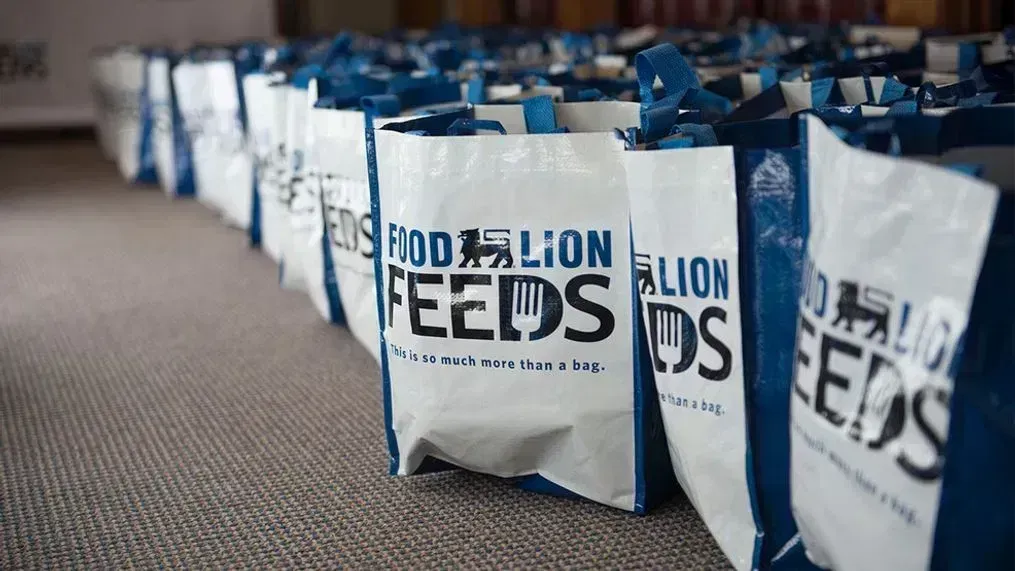ORLANDO, Fla. — After a two-year, COVID-induced hiatus and subsequent postponement from January to March 2022, FMI – The Food Industry Association convened its Midwinter Executive Conference at the Hyatt Regency Orlando hotel. The gathering of supermarket industry leaders and their counterparts from the consumer packaged goods and technology sectors was notable for the level of enthusiasm generated by the opportunity to once again meet face to face. With attendance at about 85% of prepandemic levels, FMI didn’t miss a beat in rekindling the premier forum for stakeholders in the grocery business.
If old habits and tried-and-true approaches to interacting with colleagues were quick to reemerge, many of the issues under discussion were — at least in their present form — novel. In his remarks during the second of two plenary sessions, Randy Edeker, FMI chairman and chief executive officer of Hy-Vee, enumerated some of the challenges confronting the industry, including supply chain disruptions, labor shortages and the need for grocers to live up to their role as pillars of the community, which not only “sell food that feeds the body” but “serve people and nourish the human spirit.”
Recalling the resilience and adaptability with which the food industry responded to the pandemic, Edeker said that meeting the moment in 2022 “will demand some quick (and possibly brutal) assessments of what from the past we need to recapture, it will necessitate us determining what pandemic-driven changes are worth retaining and sharpening, and it will force us to look ahead — not through the eyes of what is, but through the lenses of what could and should be.”
FMI president and CEO Leslie Sarasin initiated that process, sharing insights from the association’s latest round of research into trends that are influencing food shoppers and the evolution of the supermarket business. Worries among consumers about the pandemic are receding, falling below 50% for the first time, she reported, but uneasiness about problems exacerbated by COVID — including out-of-stocks, inflation and having insufficient funds to pay for food — is increasing. “So, while consumer concern about the pandemic itself appears to be dropping, shopper anxiety related to the economic after-effects is rising, leaving the food industry with no shortage of complicated issues to tackle.”
Citing FMI’s “Food Retailing Industry Speaks 2021” report, Sarasin talked about several tough challenges for retailers and others involved in the food supply chain, but reassured Midwinter attendees that “these are the learning fields where change is occurring, and that makes them the most fertile ground for meaningful adaptation and innovation to take place.”
The supply chain heads the list of trouble spots. Once taken for granted, the process of getting food from farm to table is now top of mind for consumers, as well as retailers and suppliers.
Sarasin asserted that bold action should be taken to shore up the supply chain: “If there is any place where I think we’re susceptible to the overly cautious ‘but we’ve always done it this way’ style of thinking, it’s regarding our supply chain mechanics. Over time, we’ve built an amazingly efficient and complex food supply delivery system, but we must not be afraid to rethink all its moving parts, reexamine it critically from the consumer perspective, and apply technological expertise to get the products safely and more efficiently into the hands and mouths of our customers.”
American consumers are unaccustomed to discovering that the products they want to buy are out of stock, and will gravitate to retailers that can solve the problem. Moreover, as disquiet mounts about the highest inflation rate in four decades — a trend whose impact is felt most immediately at the grocery store and gas pump — demands to rectify supply chain problems will only intensify.
“This is going to require a hard-nosed stem-to-stern review,” Sarasin said, “all the way from looking at the efficiency of the seed we put in the ground, and having a deeper relationship with farmers and the agricultural community, to rethinking where, how and how much product we produce, deliver and stock.
“No detail in the complex system of the supply chain should be above review. And in our quest for supply chain innovation, we must not lose sight of the heightened levels of consumer awareness and expectation regarding sustainability when it comes to packaging, transportation and storage methods.”
Labor is another major challenge for supermarket operators and vendors. Fears, restrictions and changes in attitude among some workers brought about by COVID have rattled the labor market, making it imperative for companies to position themselves as places where people want to work.
“In a labor-intensive industry like ours, this clearly is an area that demands our best thinking and most creative efforts,” noted Sarasin. “We know food industry workers seek higher pay and expanded benefits; more flexibility in work hours; and clear, real advancement and career opportunities.”
Things aren’t, however, all bad in the supermarket sector. Sarasin reminded the audience that such recent developments as the shift in consumer preferences toward eating meals at home, increased interest in the relationship between nutrition and health and wellness, and interest in technology that can improve both the in-store and omnichannel experiences represent avenues of growth.
Collaboration is key to unlocking those opportunities, both she and Edeker asserted.
“We have these and other yet unrevealed challenges awaiting us. They will be daunting if we try to face them down singlehandedly,” Edeker said. “But we must remember, we are not alone. Under the umbrella of FMI, we have each other and an association unafraid to ask the tough questions, work for the most complete solution, and ready to face the future with courage.”





